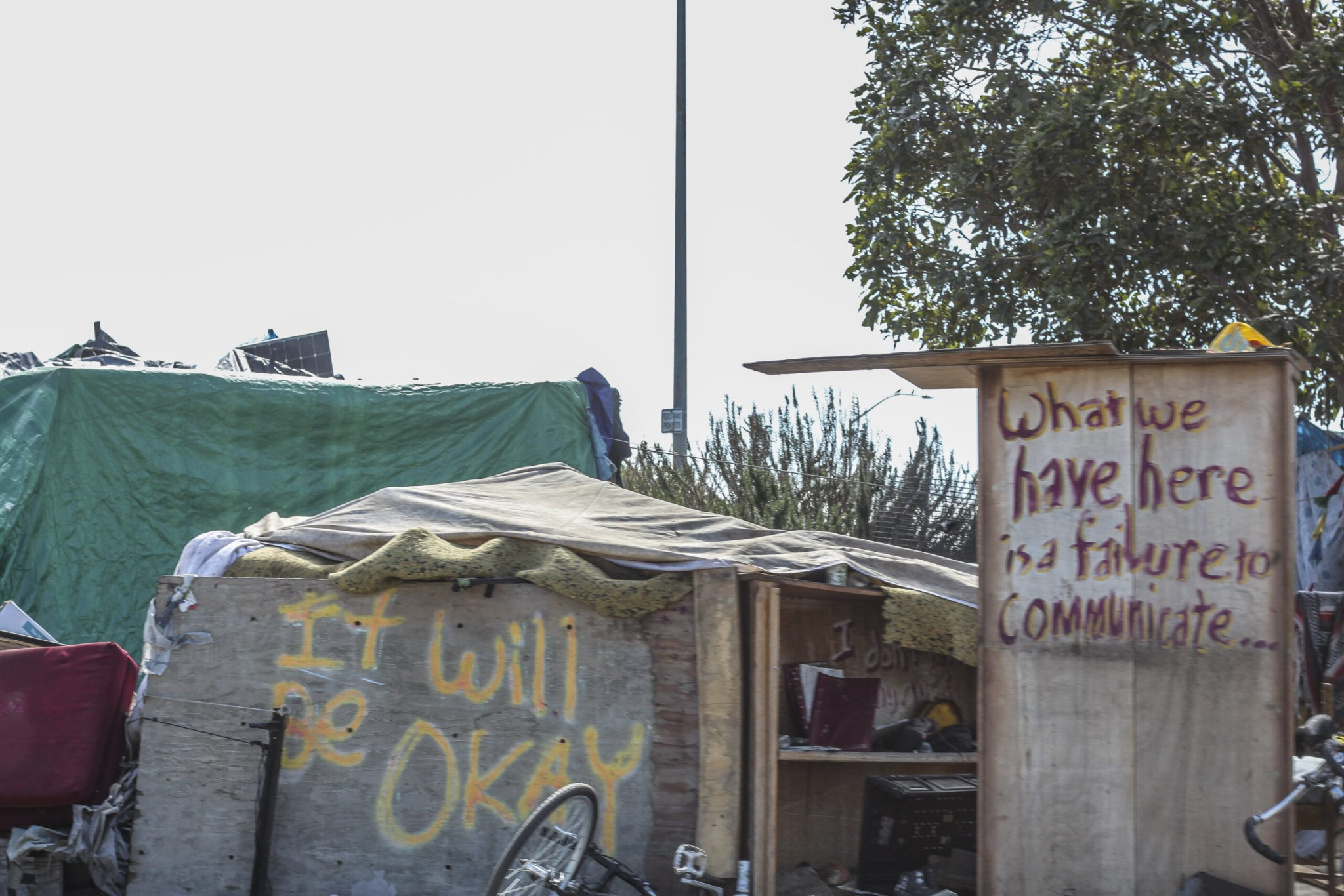On Thursday, April 22, city auditor Jenny Wong published a groundbreaking analysis of Berkeley policing that has brought to light useful information regarding mental health calls and traffic stops. Some points of contention have been raised over the audit, in which Wong has painstakingly collected a corpus of police reporting from 2015 to 2019. The powerful database of over three hundred thousand police events has backed up the arguments of many regarding reform of the Berkeley Police Department (BPD). Using the auditor’s reporting, many of those working towards the department’s restructuring are hoping to be able to make changes in the government’s budget regarding allocation of resources.
Wong’s careful report gives clear evidence of a racial bias in Berkeley’s policing regarding traffic stops, demonstrating that far more African Americans are stopped and searched compared to other races, and, more generally, that very few traffic stops result in no enforcement measures taken. With the audit behind them, community activists stand a far better chance at making a difference in these regards. However, what the paper doesn’t present is as important as what it does: the absences in the reporting of certain police activities shows serious flaws in how the police department files and tracks its actions.
The fact that it took Wong’s diligent data gathering and interviewing to even compile a portfolio of this size raises eyebrows about BPD’s lack of transparency. The absence of what would be extremely insightful data on Berkeley’s struggles with houselessness points out holes in the reporting system, and indeed, the policing system at large. The lack of reporting on the police department’s interaction with houseless people is revealing. This absence means that for legislators, making a change in the houselessness epidemic that has been an increasing problem for the Bay Area is going to be quite difficult.
What this points to is that Berkeley is not immune to the problems that have troubled policing departments in recent years: we have taken a step, but only a step, towards setting things to rights. The department needs to take more of a focus on accurately reporting its dealings with the houseless community, for proper assessment of their behavior. Wong’s report suggests that these calls are underreported because, perhaps, there are so many of them: her estimates, though unreliable, place the number of police calls involving a mental health situation around 12 percent and involving houselessness around 6 percent, a staggeringly large number that clearly demonstrates the degree to which Berkeley’s police are tasked with these assignments.
Even with only estimates to stand by, Wong’s report makes it clear that serious emphasis needs to be placed on these calls, either through specialized training, or, with bolder strokes, hiring specialized staff to take only these calls. Many restructurers whose arguments are being bolstered by the audit have suggested this: trained social workers in the place of police officers in these cases. To help these ideas find credence, Wong’s report clearly shows that BPD needs to be held accountable for its reporting and case tracking.





